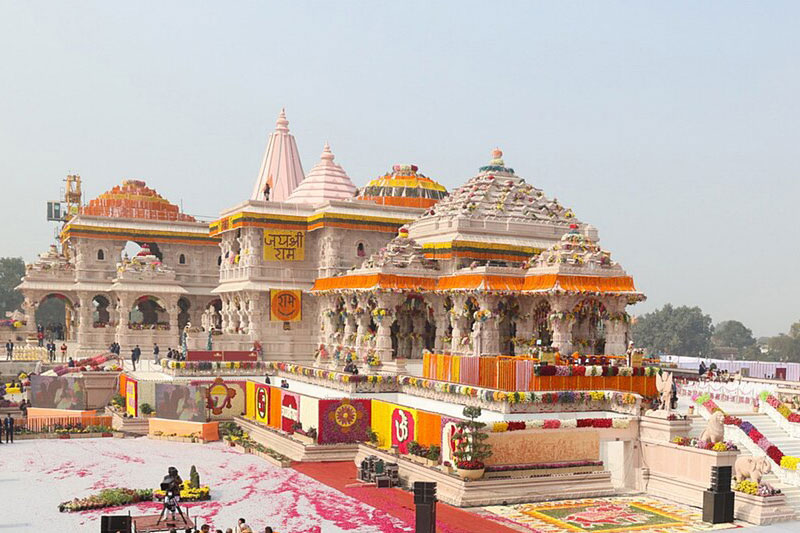Today, Ayodhya continues to attract pilgrims and tourists from all corners of the globe, drawn by its rich cultural heritage, religious significance, and architectural splendor. The city stands as a symbol of India’s diverse and vibrant spiritual heritage, embodying the timeless values of love, devotion, and righteousness celebrated in the epic of the Ramayana.
Ayodhya is an ancient city located in the northern Indian state of Uttar Pradesh, situated on the banks of the sacred Sarayu River. Known as the birthplace of Lord Rama, a central figure in the Hindu epic Ramayana, Ayodhya holds immense religious significance for Hindus around the world. Its history is deeply intertwined with mythology, spirituality, and socio-political narratives.
The name “Ayodhya” translates to “unconquerable” or “invincible,” reflecting the city’s legendary status as a prosperous and illustrious kingdom in ancient India. According to Hindu scriptures, Ayodhya was ruled by the legendary King Dasharatha of the Ikshvaku dynasty, and it was here that Lord Rama, the seventh incarnation of Lord Vishnu, was born to Queen Kaushalya.
The epic tale of the Ramayana revolves around Lord Rama’s exile from Ayodhya, his quest to rescue his wife Sita from the demon king Ravana, and his eventual return to reclaim his rightful throne. The city of Ayodhya serves as the backdrop for many significant events in the Ramayana, including Rama’s coronation as king and his subsequent departure into exile.
Over the centuries, Ayodhya has been a center of pilgrimage and devotion for millions of Hindus who visit the city to pay homage to Lord Rama and to seek blessings at the various temples and holy sites scattered throughout the area. The most revered of these sites is the Ram Janmabhoomi, believed to be the exact spot where Lord Rama was born.

